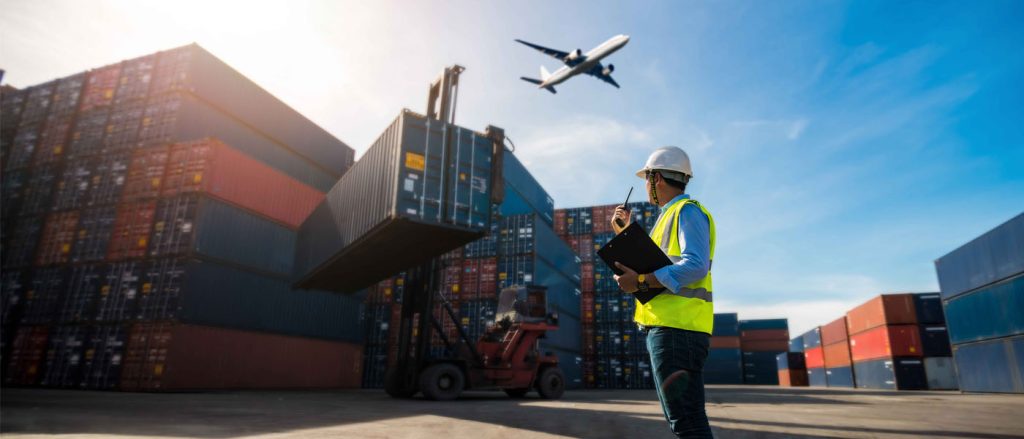The logistics industry is undergoing significant challenges as a result of evolving regulations that have been introduced in recent years. These changes, driven by concerns over safety, security, and environmental impact, are forcing logistics companies to adapt and ensure compliance with a complex web of rules and requirements. One of the foremost compliance challenges in the logistics industry is related to safety regulations. With the increasing emphasis on road safety and the wellbeing of both drivers and the public, logistics companies must adhere to strict regulations governing driver working hours, vehicle maintenance, and safety protocols. Compliance with these regulations not only requires meticulous record-keeping but also demands continuous monitoring and adjustments to meet evolving standards. Failure to comply can result in fines, legal liabilities, and reputational damage. Environmental regulations also pose a significant compliance challenge. As the world grapples with the urgent need to reduce carbon emissions, logistics companies are being compelled to adopt more sustainable practices.

This includes using cleaner transportation options, optimizing routes to reduce fuel consumption, and implementing eco-friendly packaging materials. Meeting these regulations often involves substantial investments in technology and infrastructure, making it a financial challenge for many logistics firms. Customs and trade regulations are another area of concern in the logistics industry. The increasingly complex global trade environment has led to more stringent import and export controls, tariffs, and customs procedures in Full Truckload. Companies must navigate the intricate web of international trade agreements and ensure the accurate completion of customs documentation to avoid delays and fines. The implementation of trade sanctions and embargoes can further complicate compliance, as logistics companies must constantly monitor and update their lists of restricted parties. Data privacy and security regulations are yet another significant challenge in the logistics industry. The vast amount of data generated during the transportation and warehousing of goods makes logistics company’s prime targets for cyberattacks. Compliance with data protection laws, such as the General Data Protection Regulation GDPR and the California Consumer Privacy Act CCPA, requires robust data security measures and the development of comprehensive data protection policies.
To tackle these evolving compliance challenges, logistics companies must invest in technology and training. Implementing advanced logistics management software can help streamline operations, monitor compliance in real-time, and generate necessary reports for regulatory authorities. Additionally, staff training and ongoing education are crucial to ensuring that employees understand and adhere to the latest regulations. In conclusion, the logistics industry is confronting numerous compliance challenges due to evolving regulations. These challenges encompass safety, environmental, customs, and data privacy regulations, with each demanding a tailored approach to compliance. To succeed in this evolving regulatory landscape, logistics companies must invest in technology, remain adaptable, and prioritize ongoing education and training for their employees. While these changes present significant hurdles, they also offer opportunities for innovative solutions and greater sustainability in the industry.